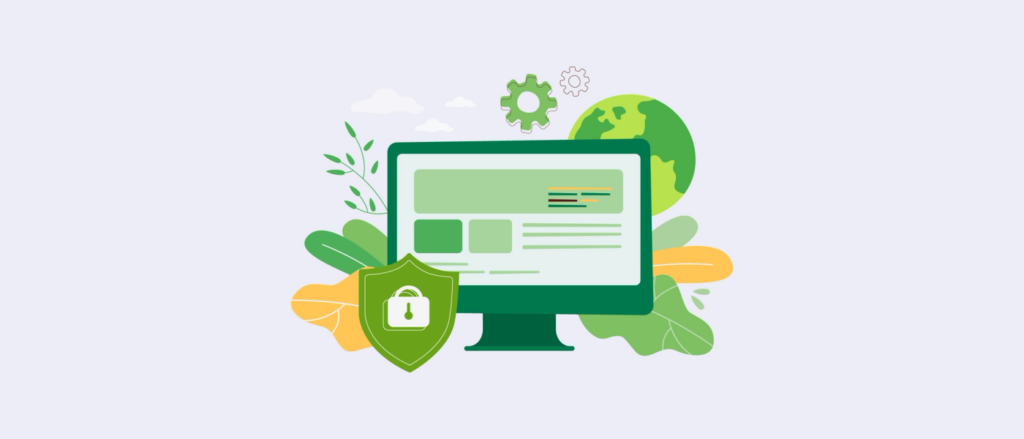
Introduction
As software applications continue to play an integral role in our daily lives, the industry is beginning to address its environmental impact. Sustainable software development, focused on reducing the carbon footprint, is gaining traction. In this article, we will explore this emerging trend and its potential to transform the way we create and utilize software.
The Environmental Impact of Software
The software industry is a significant contributor to the world’s energy consumption and carbon emissions. From data centers that power cloud computing to the energy-hungry processes of building, testing, and deploying software, the carbon footprint is undeniable. Acknowledging this impact is the first step in the journey towards sustainable software development.
Key Elements of Sustainable Software Development
Energy-Efficient Coding: Writing code that is more energy-efficient can significantly reduce the power required to run software. This involves optimizing algorithms, reducing unnecessary computations, and minimizing resource consumption.
Green Hosting and Data Centers: Hosting software on eco-friendly servers powered by renewable energy sources is a crucial step. Companies are moving towards data centers with lower carbon footprints to lessen their environmental impact.
Lean Software Design: Designing software with a minimalistic approach not only reduces resource consumption but also leads to a better user experience. Lean software loads faster and operates more efficiently.
Efficient Testing and Deployment: Optimizing testing and deployment processes can decrease energy consumption. The faster a software update or patch is deployed, the sooner it can start saving energy or improving efficiency.
User Awareness and Engagement: Educating users about the environmental impact of software and encouraging eco-friendly practices, such as regular updates and efficient usage, can contribute to reducing the overall carbon footprint.
The Business Case for Sustainable Development:
Sustainable software development is not only a moral imperative but also a smart business move. Companies that prioritize sustainability are often more attractive to customers, investors, and top talent. Eco-conscious software development can lead to cost savings, as energy-efficient practices translate into lower operational expenses.
Real-Life Success Stories
Several prominent companies and organizations have embraced sustainable software development:
Google: Google has been a pioneer in sustainable data center operations. They have made substantial commitments to power their operations with 100% renewable energy.
Microsoft: Microsoft aims to be carbon-negative by 2030. The company is investing in innovative technologies to reduce and remove carbon emissions.
OpenAI: This organization is committed to reducing the carbon footprint of artificial intelligence. They are actively seeking eco-friendly AI training methods.
DigitalOcean: DigitalOcean provides cloud services with data centers powered by 100% renewable energy.
Empowering Developers for Sustainability:
As the sustainable software development movement continues to grow, it empowers developers to make greener choices in their coding practices. Various tools and metrics are emerging to help measure the environmental impact of software, enabling developers to make informed decisions.
Conclusion
Sustainable software development is no longer an idealistic concept; it’s a practical necessity. As the world grapples with climate change and environmental concerns, the software industry must play its part in reducing its carbon footprint. By implementing energy-efficient coding practices, eco-friendly hosting, and lean software design, the software industry can become an environmental ally.
Sustainable software development is not only a responsibility but an opportunity to make a meaningful contribution to the preservation of our planet. As developers, businesses, and users alike become more aware of the importance of sustainable software, a future with a smaller carbon footprint is on the horizon.
We provide comprehensive information about our services to help you make the best choice for your needs. Take your time to browse through our website and feel free to reach out if you have any questions.